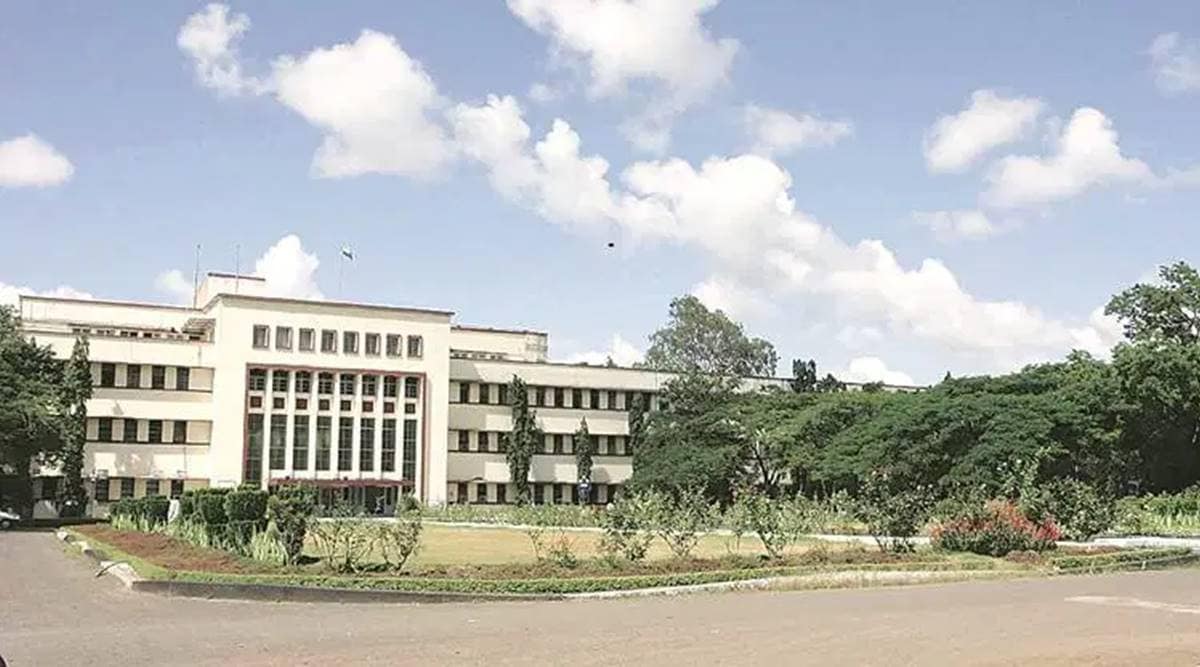 The analysis was carried out by CSIR constituent labs.
The analysis was carried out by CSIR constituent labs. IndiGen, the Council of Scientific and Industrial Research’s (CSIR) resource, was completed in six months, and the results were recently published in the scientific journal Nucleic Acid Research. Scientists have now analysed genomes (complete DNA set) of 1,029 healthy Indians.
The analysis was carried out by CSIR constituent labs – CSIR-Institute of Genomics and Integrative Biology (IGIB), Delhi, and CSIR-Centre for Cellular and Molecular Biology (CCMB), Hyderabad.
“Our analysis led to the identification of over 55 million single nucleotide variants in the Indian genome dataset,” Dr Sridhar Sivasubu, senior principal scientist, CSIR-IGIB, told The Indian Express. “Comparisons with the global genome datasets revealed that 32.23 per cent variants were unique and found only in samples sequenced from India. This emphasises the need for an India-centric population genomic initiative.”
India is the second largest country in terms of population density, with more than 1.3 billion people, encompassing 17 per cent of the world’s population. Despite having such rich genetic diversity, the country has been under-represented in global genome studies, and population-specific variants are not adequately captured and catalogued in global medical literature.
In order to fill the gap of whole genome sequences from different populations in India, CSIR initiated the IndiGen programme in April 2019. The programme completed the entire genome sequencing of the 1,029 self-declared health Indians. This has enabled benchmarking the scalability of genome sequencing at population scale in a defined timeline.
The current IndiGenomes data resource provides a compendium of genetic variants, representing the contemporary Indian population with an objective of classifying variants involved in mendelian disorders, and improving precision medicine outcomes.
The resource can also enable identification of markers for carrier screening, variations causing genetic diseases, prevention of adverse events, and provide better diagnosis and optimal therapy through mining data of clinically actionable pharmacogenetic variants. The phased data will allow researchers to build an India-specific reference genome dataset, and efficiently impute haplotype information. According to Dr Vinod Scaria, senior scientist, CSIR- Institute of Genomics and Integrative Biology, this resource can provide useful insights for clinicians and researchers in comprehending genetics, not only at the population level, but also at individual levels.
The resource is widely accessible to researchers and clinicians in the country, as well as abroad. There have been over 2,00,000 page views on the IndiGenomes web page, by users across 27 countries, demonstrating the uniqueness of the resource, Dr Sivasubu said.